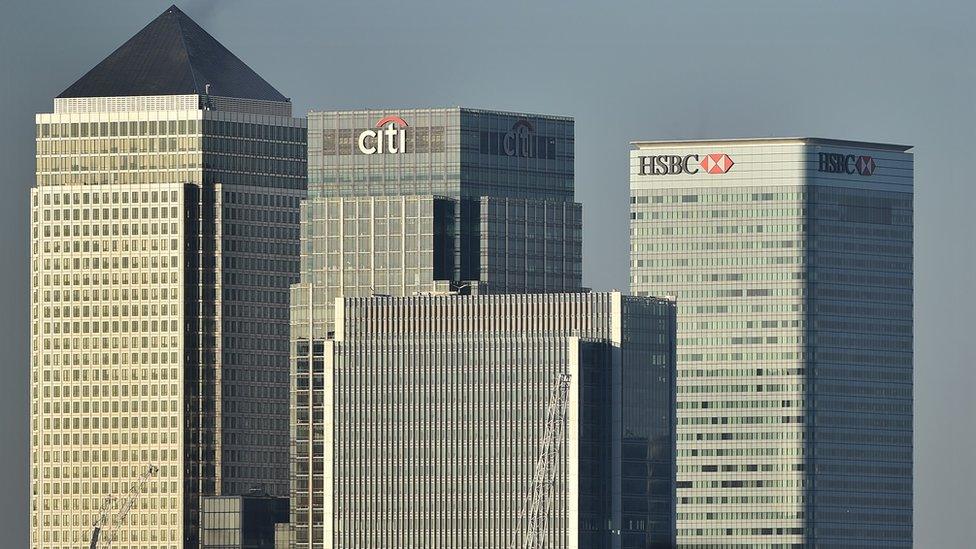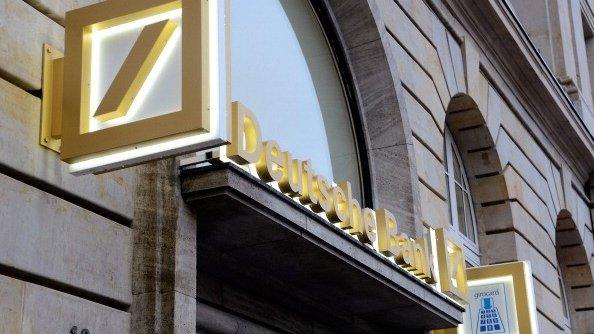Coco bonds: what are they and why have they hit bank shares?
- Published

When is a bond not a bond? When it's a Coco. Who cares and what is this gibberish you may well ask?
Please bear with me as the answer to this seemingly unintelligible riddle is partly behind the stomach-churning plunge in the value of European banks.
As UK taxpayers know to their cost, when banks falter, bad (and expensive) things happen.
When taxpayers around the world saved their banks, they also saved the investors who had lent the banks money.
The idea that lenders to banks would suffer big losses was considered a very bad outcome, as it would have disastrous knock-on effects and undermine banks' ability to fund themselves in the future.
In the post-crisis world, politicians of every stripe have tried to reassure their voters this would not be permitted to happen again.
New rules mean that, when disaster beckons again, some lenders to the banks would see their bonds (in effect IOUs) turn into shares. In other words, they may not get their money back in full, or on time. These new IOUs are called Cocos - short for contingent convertible bonds.
In short, they are not getting the security lenders usually get.
'Cardiac arrest'
The removal of this implied government guarantee has made the value of those IOUs fall and threatens banks' ability to sell more in the future. That makes banks less stable and, hey presto, here we are with some bank shares down 40% since the beginning of the year.
Like it or not, banks still operate as the bloodstream of the financial system. When the arteries of funding get blocked - you risk cardiac arrest.
Add it all up and it is clear that what Adair Turner (head regulator at the height of the crisis) said to me is true. The idea that the public will never again be called on to bail out the banks is not only untrue but, as he put it, a "dangerous" assertion.
We are not anywhere near that point yet. But it is not an idea that has been banished forever.
- Published10 February 2016
